Hassad to produce rice abroad for Qatar market
- Peninsula
- 07 July 2010
State-backed food producing and marketing giant, Hassad Food Company, has plans to produce rice in India, Pakistan, the Philippines and Vietnam.
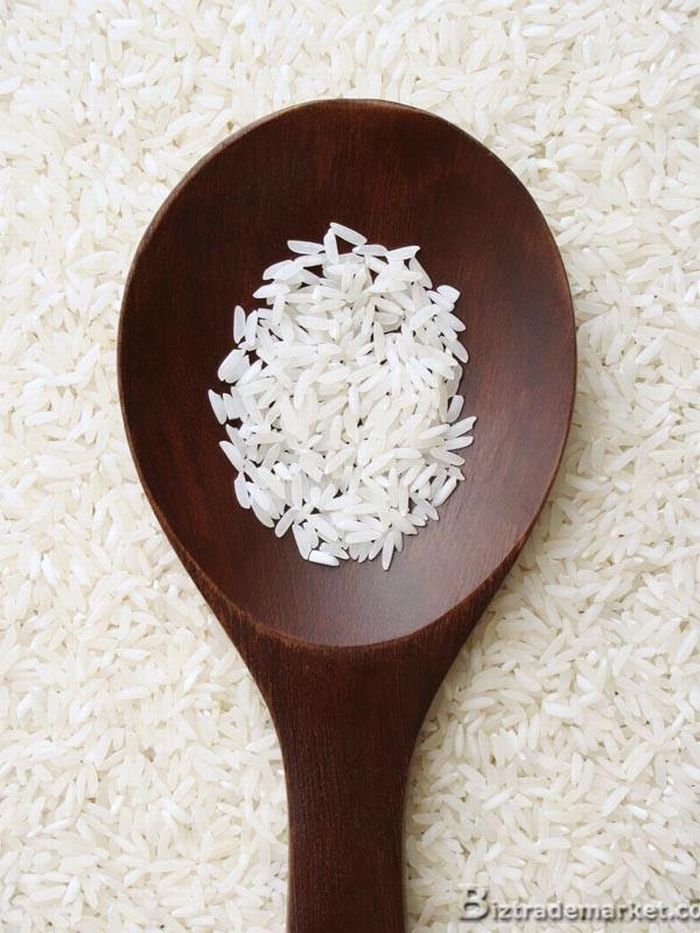
State-backed food producing and marketing giant, Hassad Food Company, has plans to produce rice in India, Pakistan, the Philippines and Vietnam.
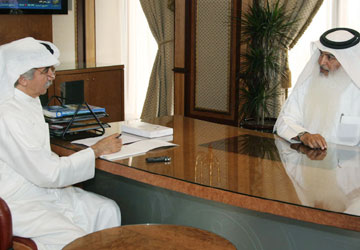
Hassad Food says it would soon begin meeting at least 50 percent of Qatar's wheat requirements and later 20 percent of its poultry needs.
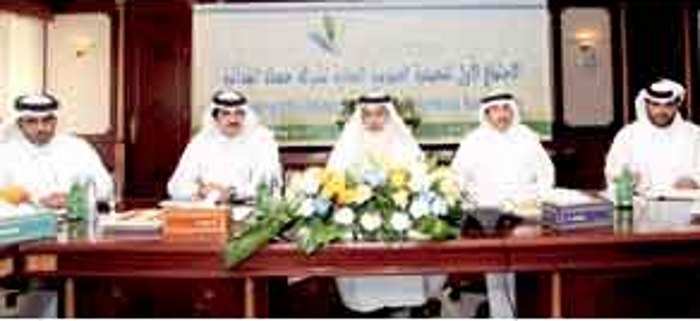
Hassad Food Company intends to invest $500mn to $700mn this year for projects across the world as part of its mission to ensure food security for Qatar, chairman and managing director Nasser bin Mohamed Mubarak al-Fuhaid al-Hajri has said.
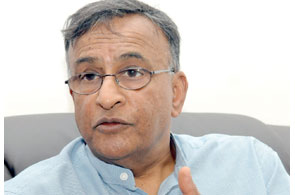
Gulf countries investing in farmland abroad have a real opportunity to help developing countries and should rethink simply switching their investments to richer states says Dr Mahendra Shah
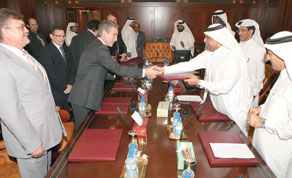
"I understand Moldova has a favourable climate and good farmland, which Qatar’s Hassad Food could possibly look at for opportunities," says Qatar's Deputy Premier

Between 2007 and mid-2008, Gulf states and their government-backed businesses spent US$15 billion (Dh55bn) in sub-Saharan Africa alone, much of it in the drive for food security
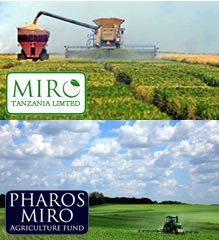
"As more investors look into the opportunities that developed nations present there will be no need to go underground or be ashamed of these deals," said Hakan Agro's Tomar.
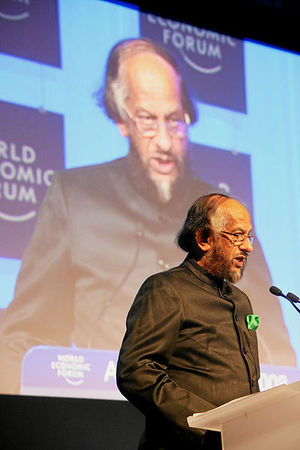
Prof Rajendra Pachauri, chairman of the IPCC, thinks Arab states should shore up their food security as global warming places stress on the world's agricultural resources. But he is not thinking of recent government initiatives to buy fertile farmland in other countries.
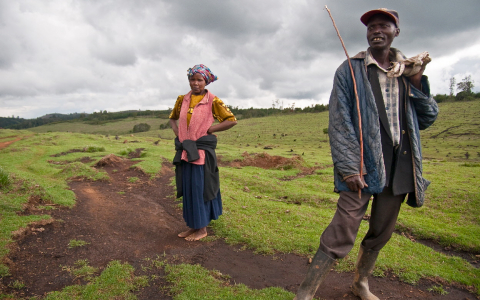
"Investors like Citadel Capital and Goldman Sachs must be stopped from acquiring large tracts of land in Africa because this practice has become a serious threat to the continent's food sovereignty"
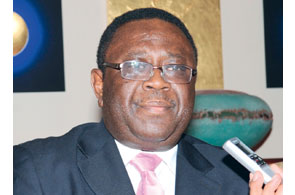
Ghana Investment Promotion Centre is seeking investments from Qatar to the tune of $700mn, including a major deal with Hassad Food

Qatar’s sovereign wealth fund agricultural company launched Hassad Australia last year, aimed at ensuring that livestock and grain needs for Qatar, from Australian farmland, are met.
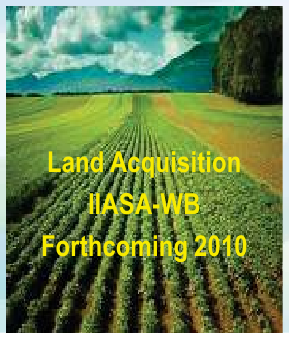
An equitable shared-benefits agreement can best provide the basis for responsible and sustainable agricultural development, especially in currently cultivated land areas where the yield gaps are large.

|
CAR offers land ownership using cryptocurrency
|